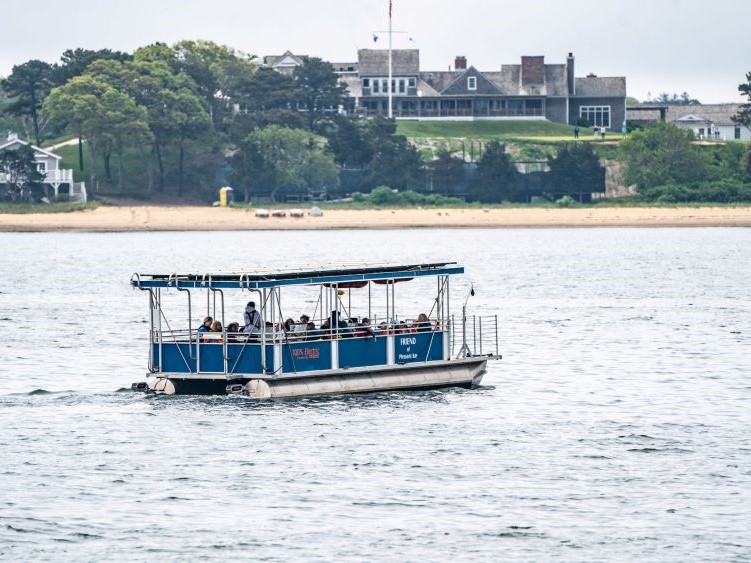Exploration and environmental stewardship
PBCB is proud to offer a variety of science and environmental education programs. In the summer, we offer an all-day Sailing & Science Camp for children ages 7 to 14. We also welcome outreach groups to enjoy trips on our solar-powered floating classroom. In the shoulder and off-seasons, we host community events including speakers and hands-on experiences. We welcome hundreds of local schoolchildren to our campus in the spring and fall for science-based field trips, including those that utilize our floating classroom. We also host school break experiences and a citizen science program in the works.

